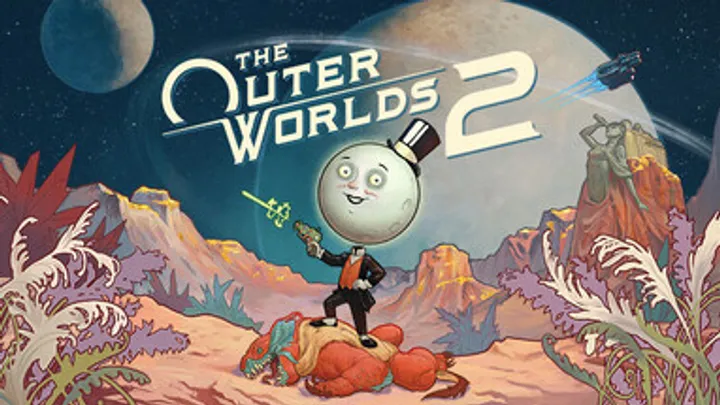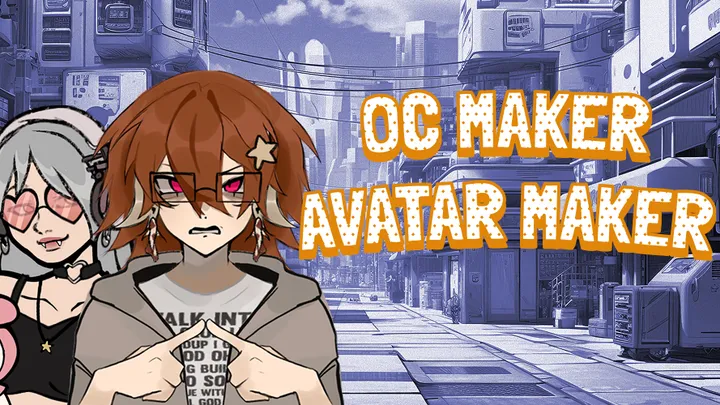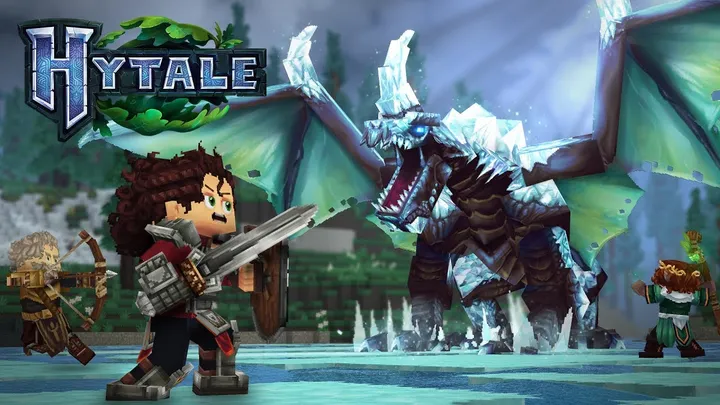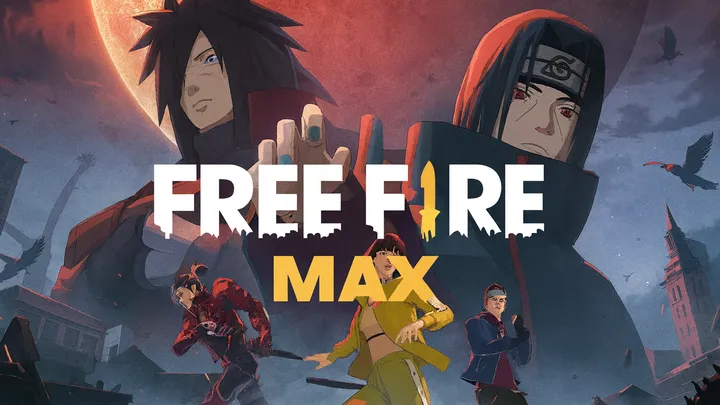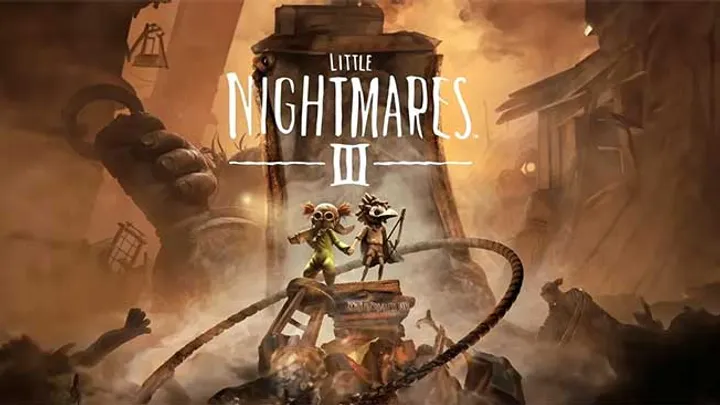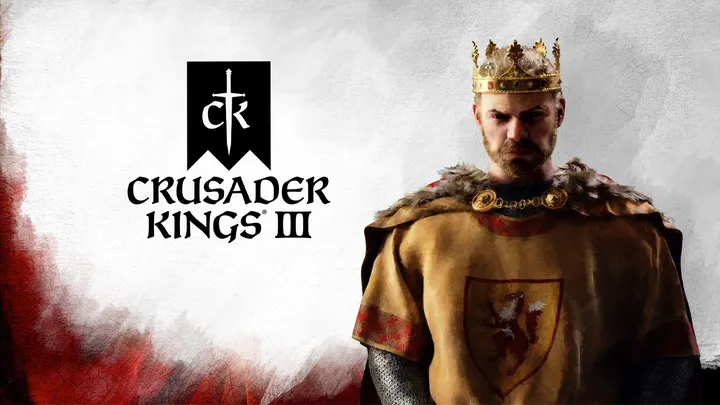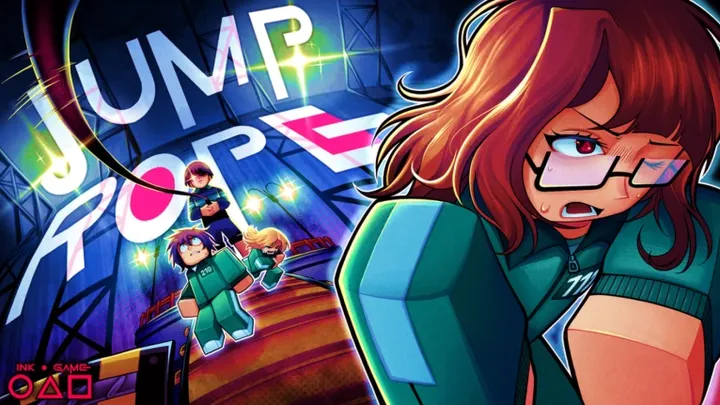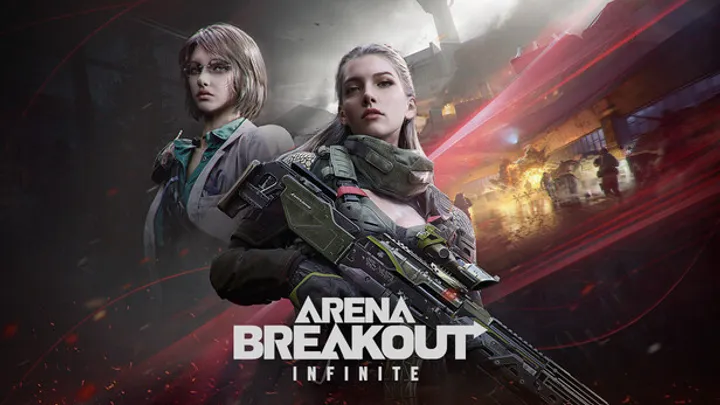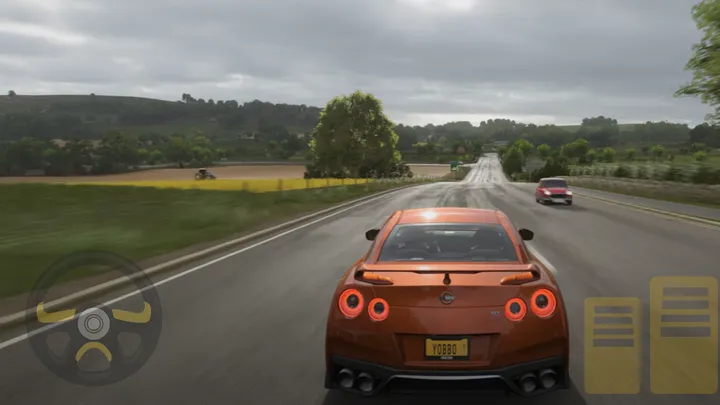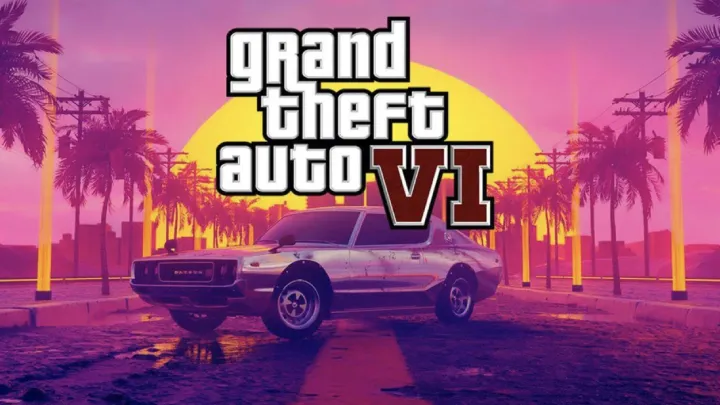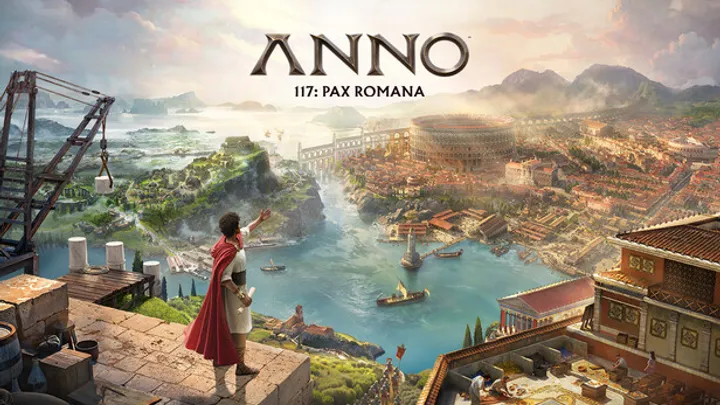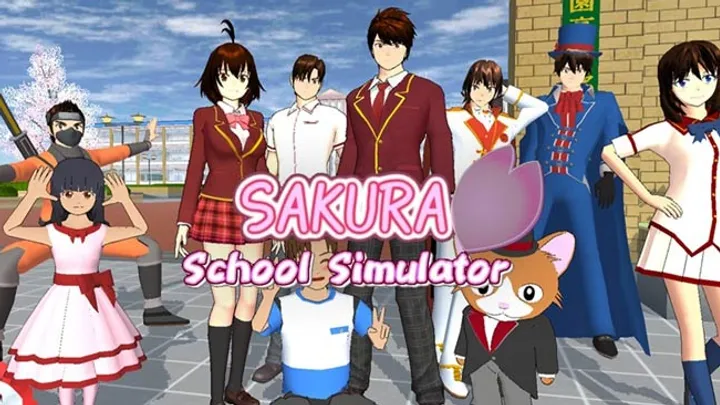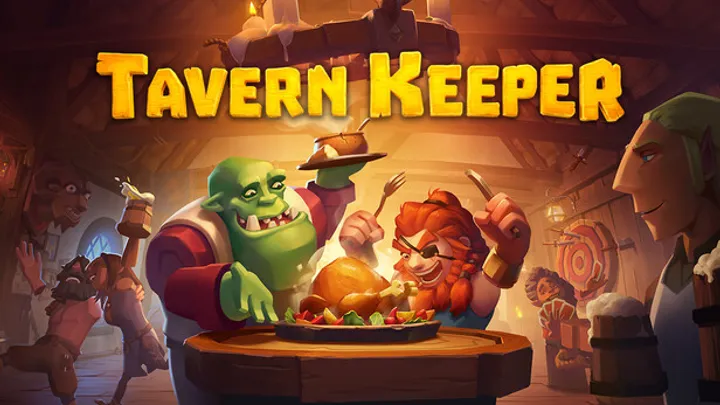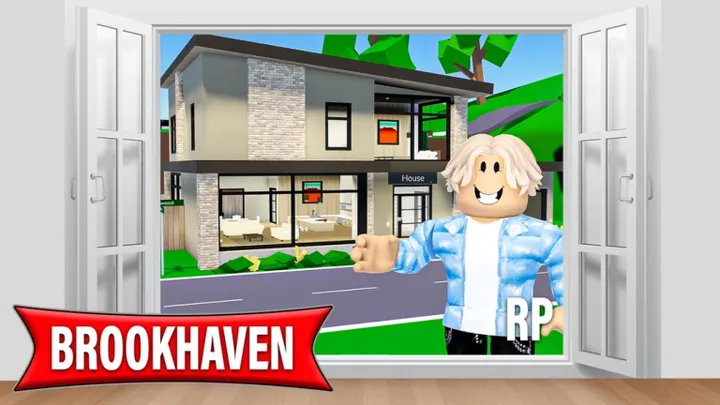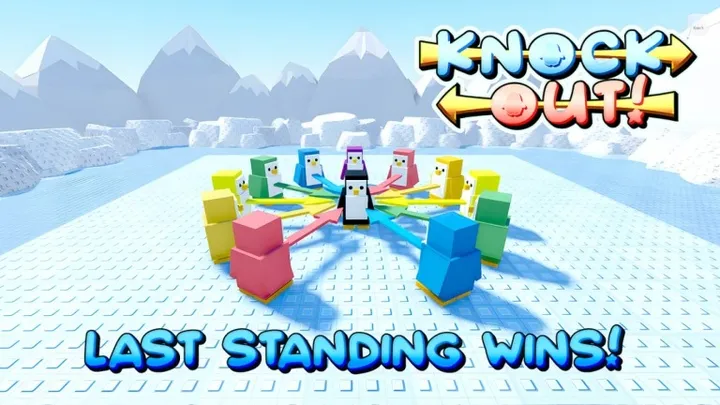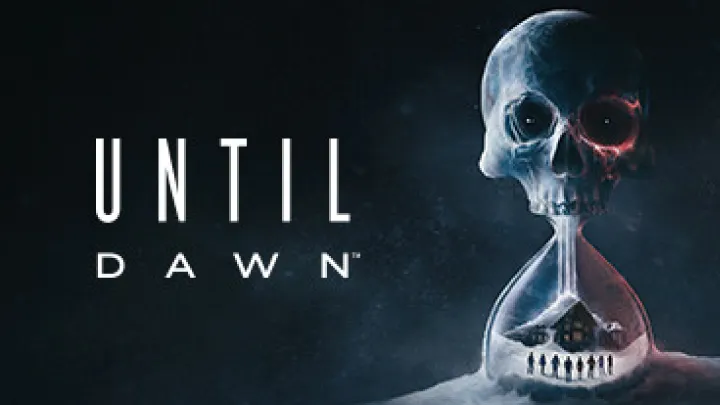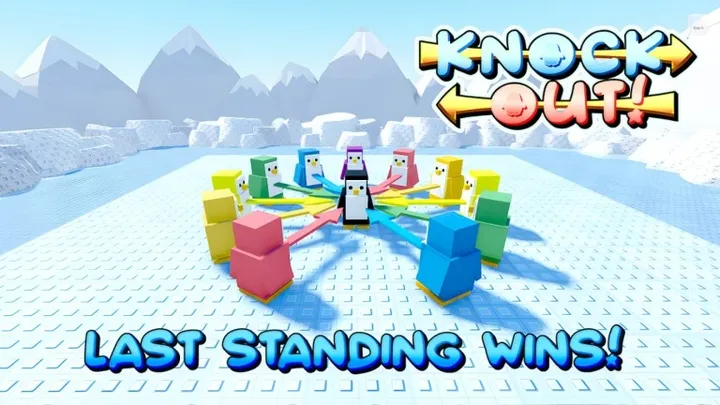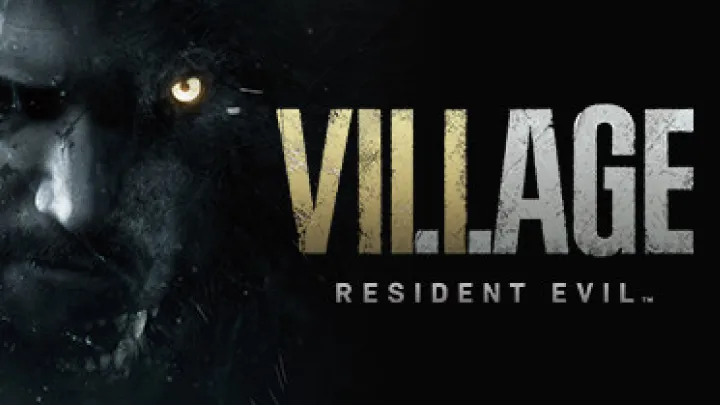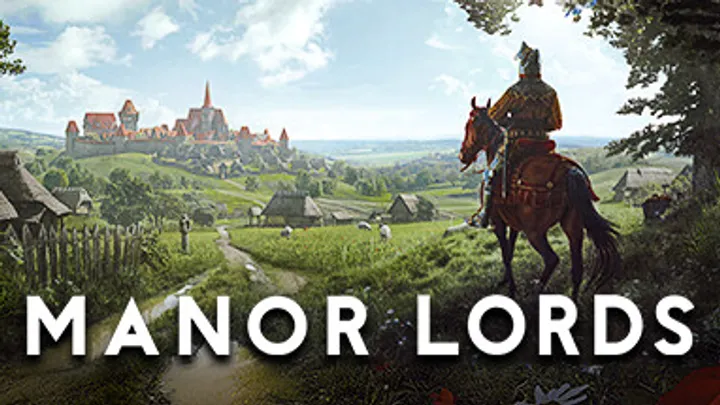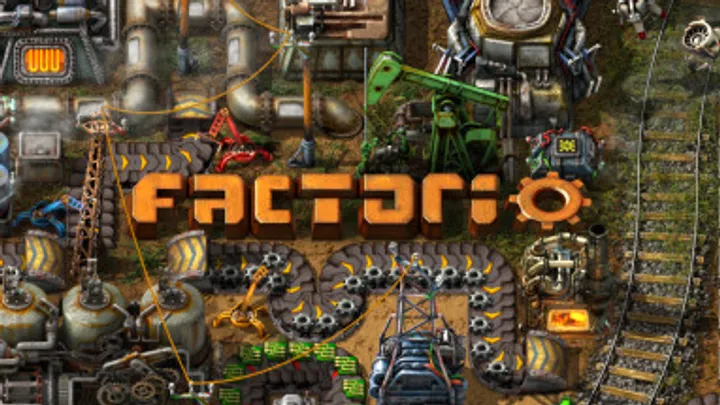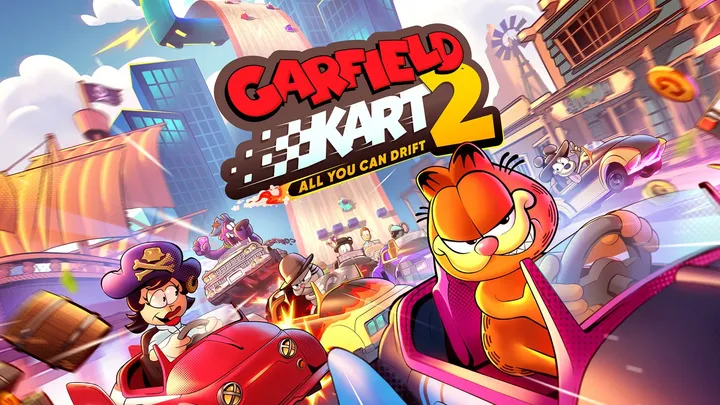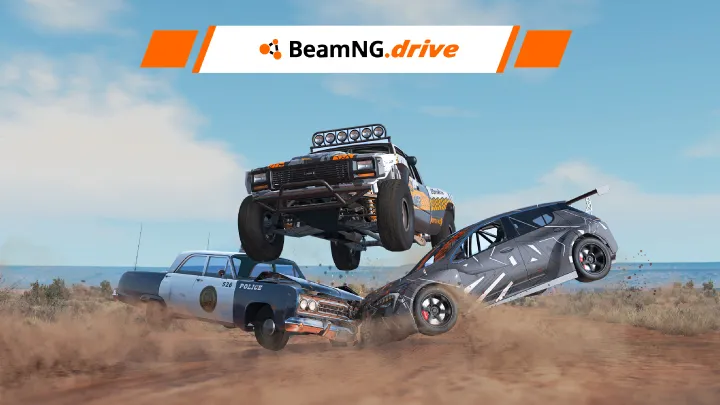Introduction
"The Outer Worlds 2" is the highly anticipated sequel to Obsidian Entertainment's critically acclaimed RPG, "The Outer Worlds." Building upon the foundation of its predecessor, this installment promises to deliver an even richer narrative experience, more expansive gameplay mechanics, and a deeper exploration of its satirical take on corporate dystopia in space. Released amidst a wave of excitement and anticipation, "The Outer Worlds 2" aims to capture the hearts of both returning players and newcomers alike. This review delves into the game’s mechanics, visuals, audio design, narrative depth, and its overall impact on the RPG landscape.
Gameplay Mechanics
Core Gameplay Loop
At its core, "The Outer Worlds 2" retains the engaging gameplay loop that made the original a success while introducing new mechanics to enhance player experience. Key components include:
- Character Customization: Players begin by creating their character, choosing from various traits, backgrounds, and skills. This customization allows for diverse playstyles, whether players prefer to be a charismatic diplomat, a stealthy assassin, or a brute force warrior.
- Exploration: The game features a variety of planets and locations to explore, each with its unique environments, factions, and quests. Exploration is encouraged, with numerous secrets and lore elements hidden throughout the expansive worlds.
- Combat System: The combat mechanics have been refined, offering a mix of real-time action and tactical decision-making. Players can engage in first-person shooting while utilizing special abilities and character skills, creating dynamic combat scenarios.
- Dialogue and Choices: As with its predecessor, dialogue options play a crucial role in shaping the narrative. Players can choose how to interact with NPCs, influencing relationships, quest outcomes, and the overall story arc. The game emphasizes player choice, allowing for multiple approaches to situations.
Companion System
One of the standout features of "The Outer Worlds 2" is the expanded companion system. Players can recruit various companions, each with unique personalities, skills, and backstories. Key aspects include:
- Companion Abilities: Each companion brings distinct abilities to combat and exploration, allowing players to tailor their party composition to suit their preferred playstyle.
- Personal Quests: Companions have their own storylines and side quests, enriching the narrative experience and providing additional depth to character relationships.
- Dynamic Interactions: The interactions between the player and companions are more nuanced, with dialogue choices affecting their opinions and relationships. This system enhances immersion and emotional investment in the story.
Faction Dynamics
The game introduces a more intricate faction system, allowing players to engage with various groups, each with its motivations and agendas. Players can choose to ally with different factions or manipulate them for their gain. Key features include:
- Faction Reputation: Players' choices impact their reputation with different factions, affecting how they are treated and what quests become available.
- Multiple Endings: The interplay between factions influences the game’s ending, encouraging players to think strategically about their alliances and actions.
Visuals and Art Style
Graphics
"The Outer Worlds 2" showcases a vibrant and stylized art direction that blends retro-futurism with a whimsical aesthetic. The graphics are a significant improvement over the first game, offering more detailed environments and character models. Key elements include:
- World Design: Each planet is beautifully crafted, featuring diverse biomes, from lush forests to barren wastelands. The attention to detail in environmental design enhances immersion and exploration.
- Character Design: Character models are expressive, with varied designs that reflect their unique backgrounds and personalities. The animations are smooth and contribute to the overall visual appeal.
User Interface
The user interface (UI) is intuitive and user-friendly, providing players with easy access to inventory, quests, and character information. Key aspects include:
- Information Display: Critical information is presented clearly, allowing players to manage their characters and resources efficiently.
- Customization Options: The UI allows for seamless customization of character skills and abilities, ensuring players can tailor their gameplay experience.
Audio Design
Sound Effects
The audio design in "The Outer Worlds 2" plays a crucial role in creating an immersive atmosphere. Well-crafted sound effects enhance gameplay, providing auditory feedback for various actions and events.
- Environmental Sounds: The game features ambient sounds that reflect the diverse environments, from the rustling of leaves in a forest to the mechanical whirring of futuristic machinery.
- Combat Sounds: Realistic sound effects for weapons and abilities enhance the intensity of combat, making each encounter feel impactful.
Music
The soundtrack of "The Outer Worlds 2" is composed of a mix of orchestral and electronic elements, perfectly complementing the game's tone. The music dynamically adjusts to the gameplay, intensifying during combat and shifting to more subdued themes during exploration and dialogue.
Narrative Depth
"The Outer Worlds 2" builds upon the rich narrative foundation of its predecessor, offering a compelling story filled with humor, satire, and thought-provoking themes. Key narrative elements include:
- Satirical Commentary: The game continues to explore themes of corporate greed, individualism, and societal structures, presenting them through a satirical lens that encourages players to reflect on contemporary issues.
- Character Development: The characters are well-written and multifaceted, each with their motivations and arcs. Players become emotionally invested in their journeys, making choices that can significantly impact their fates.
- Quest Design: Quests are varied and often feature multiple approaches, allowing players to tackle challenges in ways that align with their character builds and playstyles. Side quests are particularly well-crafted, often providing additional lore and character development.
Challenges and Tension
"The Outer Worlds 2" provides a balanced mix of challenges and rewards, creating an engaging experience:
- Strategic Decision-Making: Players must navigate complex moral dilemmas and make choices that have far-reaching consequences, adding depth to the gameplay.
- Dynamic Environments: The game features environmental hazards and challenges that require players to think critically about their approach to exploration and combat.
Criticisms and Areas for Improvement
Technical Issues
Despite its many strengths, "The Outer Worlds 2" is not without its flaws. Some players have reported technical issues, including bugs and performance hiccups. Addressing these issues through patches and updates could enhance the overall experience.
Difficulty Balancing
Some players may find the difficulty curve uneven, with certain encounters feeling either too easy or frustratingly challenging. Fine-tuning enemy AI and balancing combat encounters could improve player satisfaction.
DLC and Expansion Content
As with many modern RPGs, the potential for DLC and expansions raises questions about content availability. Players may hope for substantial post-launch support that adds new storylines, characters, and gameplay mechanics.
Future Prospects
Additional Content
The potential for future updates and expansions is promising. Obsidian has a history of supporting its games with additional content, and players can look forward to new quests, characters, and gameplay mechanics that enhance the experience.
Community Engagement
Encouraging community feedback and engagement could lead to improvements and new content based on player suggestions. The active modding community could also contribute to the game’s longevity, offering fresh experiences and enhancements.
Conclusion
"The Outer Worlds 2" is a masterful blend of humor, strategy, and immersive storytelling that builds upon the success of its predecessor. Its engaging gameplay mechanics, vibrant visuals, and rich narrative offer a compelling experience that captivates players from start to finish. While there are areas for improvement, such as technical issues and difficulty balancing, the game stands as a testament to Obsidian Entertainment's ability to craft memorable RPGs.
As players traverse the diverse worlds of "The Outer Worlds 2," they will discover a richly detailed universe filled with intriguing characters, moral dilemmas, and opportunities for exploration. This sequel not only offers an engaging gameplay experience but also invites players to reflect on societal issues through its satirical lens. Whether you are a returning fan or new to the franchise, "The Outer Worlds 2" promises an unforgettable journey through the cosmos, making it a must-play title for RPG enthusiasts.














































